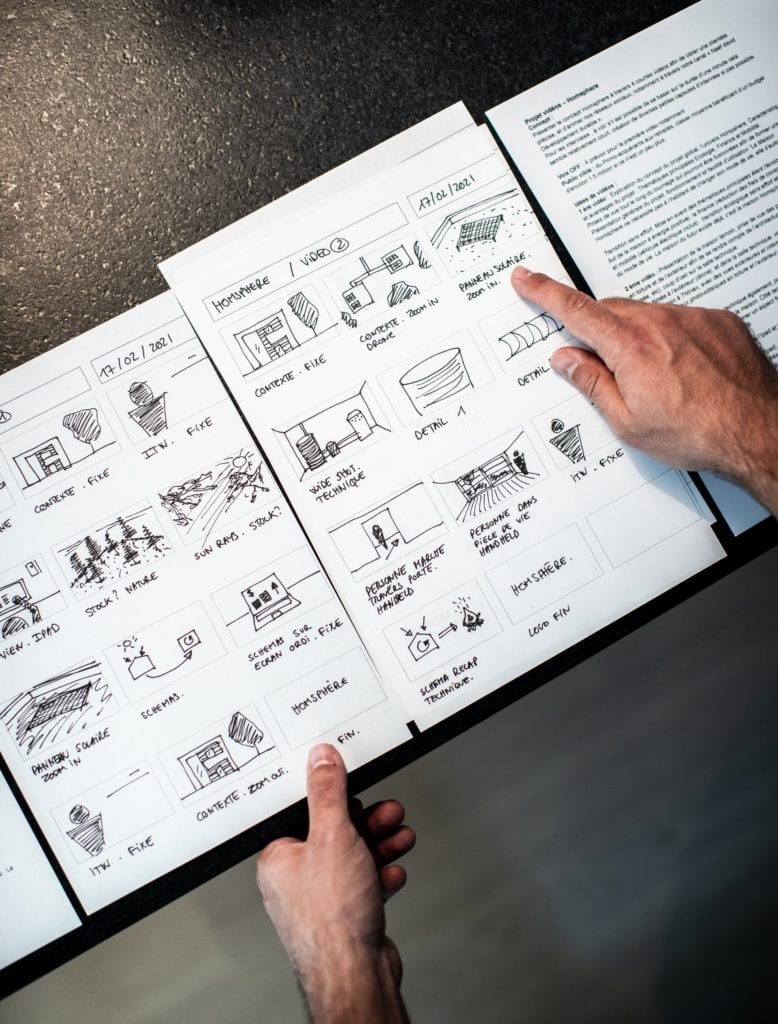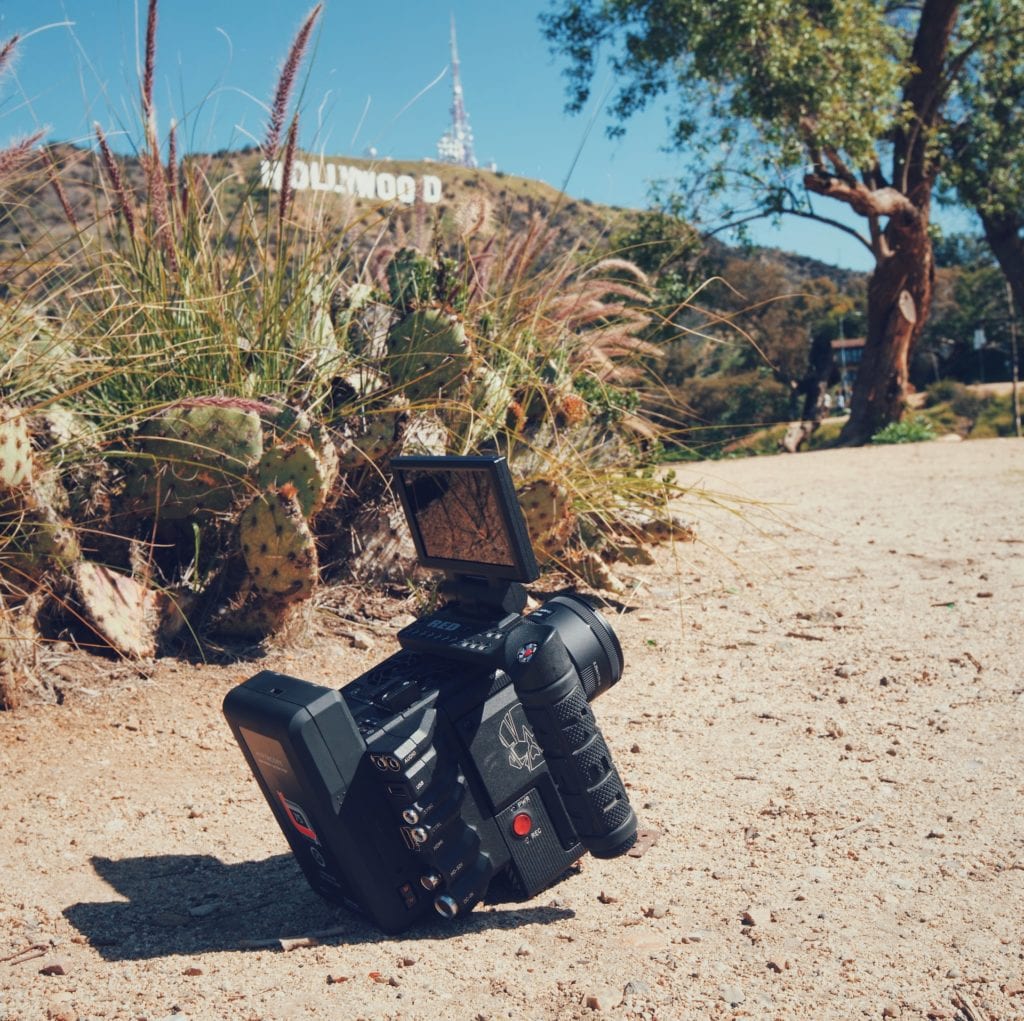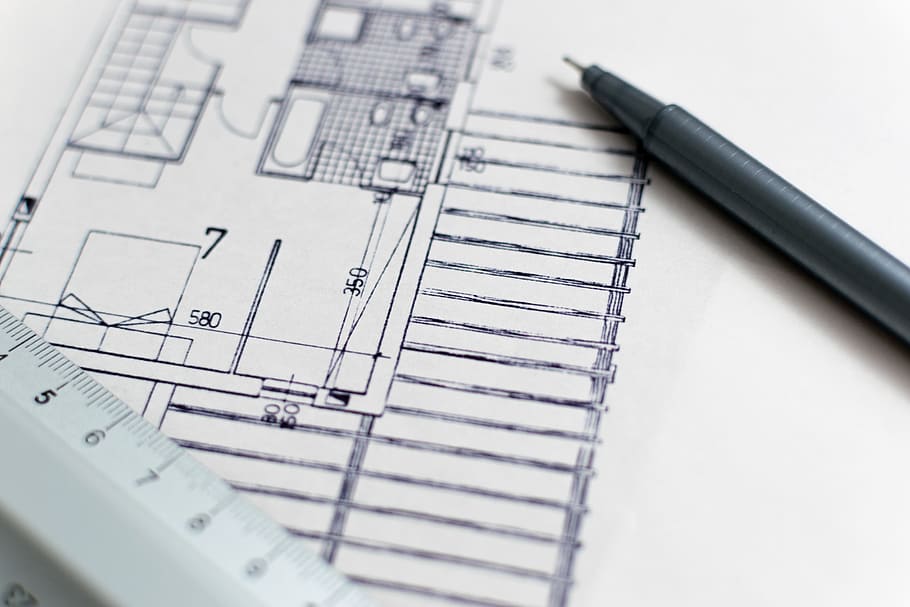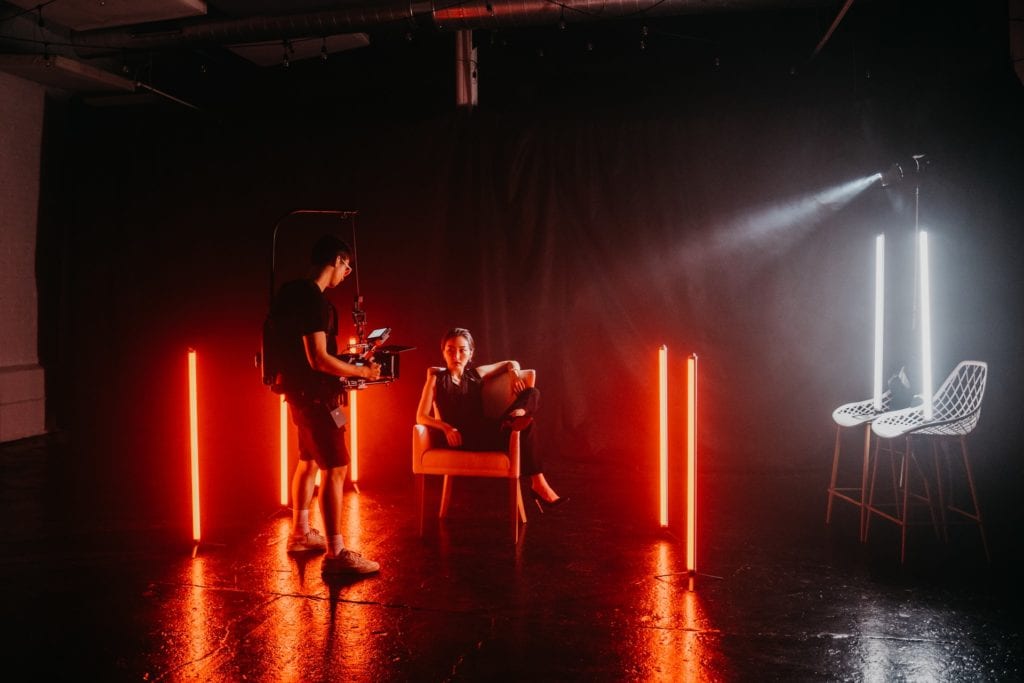5 Ways to Make your Cinematographer’s Job Easier
In order to maximize efficiency on your indie film set, it would be beneficial for you, as the director, to make sure you are making your crew members’ jobs as easy as possible on them, especially your cinematographer.
Since your cinematographer is so instrumental in production, ensuring their job is made as easy as possible is crucial.
If you need funding to hire a cinematographer, check out our funding opportunities to see if you could receive funding for your next film!
After speaking with cinematographer William DeJessa, we’ve compiled a list of ways you can make your director of photography’s job easier, all pertaining to maximizing pre-planning.
Above all, in our conversation about cinematography, DeJessa was sure to emphasize how important it is to plan out as much as possible before beginning to film as it will alleviate both stress and confusion during production.
1. Storyboarding

Something that DeJessa harped on was the importance of a good shot list with your storyboard.
He says this is extremely important, especially with narrative work.
Assuming that you stick close to what you’ve marked on your storyboard, it makes both your editor and cinematographer’s jobs easier. If you’ve been able to stick close to the storyboard, your editor will know ahead of time how everything is supposed to be cut together.
DeJessa made note of the fact that the best projects are edited in the script format before they are even filmed, which, simply put, means that your storyboard tells your editor exactly how your film should be edited together.
2. Location Scouting

Having planned out exactly where you’re going to be filming will alleviate an immense amount of stress during filming.
While stressing having everything planned out before beginning to film, DeJessa highlighted how imperative it is to also have your locations chosen as well.
It is far too much of a responsibility to be picking locations and filming your film at the same time, therefore, it is imperative to have every location picked and contracts figured out should they be needed before production begins.
3. Floor Plans

Similarly, it would be helpful to have your floor plans drawn out for your sets.
This way, you will know before you begin filming where your actors should be on set as well as where your cameras should be.
4. Lighting
Lighting is also another thing that should be planned out before beginning to film. Given that you will have your storyboard and your floor plans together already, it would also work to your benefit to know what type of lighting you want each shot to be composed of.
Though changes can be made during filming itself, having an idea as to what you want your shot to look like before beginning will alleviate confusion and save time.
Something that could help you and your cinematographer even more would be to make sure that you’re maintaining an open line of communication with your lighting department.
This would ensure that you all remain on the same page during production and are able to cultivate a relationship in which you are comfortable bouncing ideas off of another and are open to changing things for the betterment of production.
5. Camera Angles

Linking closely with your floor plans and lighting, knowing where you want your cameras to be placed will allow for you to set up your shot, film it, and easily be able to set up the next shot without much contemplation about what will look best.
Of course, like with lighting, changes can be made during production, but having a plan set before production begins will save you and your crew time in the long run.
Overall, as the director, be sure that you have a clear vision in your head of what you want your film to look like and make sure that you are able to communicate this to your director of photography. Without this skill, your cinematographer’s job will become increasingly difficult.
DeJessa said it best: pre-production should never be undervalued. For quicker turnaround projects, DeJessa points out that there is a certain zest of life that comes from that, but the more you plan out your project, especially if it’s a narrative project, the better the end product that you will have. You can view DeJessa’s portfolio here.
If you and your cinematographer are beginning your next project, check out our contests to try and receive funding for your film!